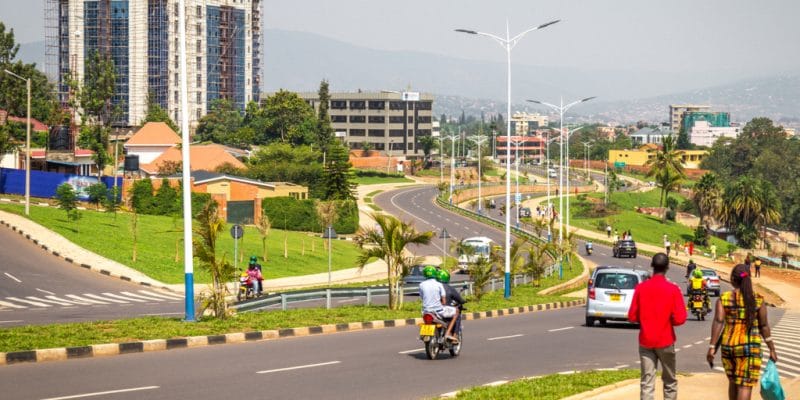The African cities of Freetown, Kigali and Kumasi are among the 15 winners of the Global Mayors innovation competition organized by the Bloomberg Philanthropies organization. The award is based on the originality and effectiveness of their innovations to address the global Covid-19 pandemic, including climate and environmental issues.
“As the world struggles to address the profound public health and economic effects of the ongoing pandemic, cities can implement innovative and contextually appropriate ideas. These words from Michael R. Bloomberg, founder of Bloomberg Philanthropies, comes as the cities of Freetown, Sierra Leone; Kigali, Rwanda; and Kumasi, Ghana are among the 15 winners of the Global Mayors 2021-2022.
For the fifth edition of this global innovation competition aimed at fostering sustainability in cities around the world, the Bloomberg Philanthropies organization aimed to support “the most ambitious ideas developed by cities in response to the Covid-19 pandemic. The projects developed by the candidate cities therefore focused on economic recovery and inclusive growth, health and wellness, climate and the environment.
Read also-MOROCCO: Medef aims to conquer markets offered by sustainable cities
The project led by the city of Freetown, the capital of Sierra Leone, focuses on the establishment of a new dynamic digital market supporting the maintenance of trees and urban canopy using technology. For Kigali, Rwanda’s first city, it is about introducing an intelligent waste management system that improves sanitation and water quality in the city. For its part, the metropolis of Kumasi in Ghana intends to address the issues of waste management and youth unemployment by training them in toilet installation.
With a $1 million grant each and technical support, the 15 winning cities will go through a three-year implementation phase to turn their ideas into a concrete program that will improve the lives of residents. In doing so, they will share their ideas with other cities to allow these tested innovations to spread around the world. “At a time when the world needs ambitious solutions, these cities are up to the task,” said David Miliband, president of the International Rescue Committee.
A competition to build the cities of tomorrow
The 15 cities nominated from around the world are located in 13 nations on six continents and collectively represent more than 30 million people. The winners were selected by a committee co-chaired by Bloomberg Philanthropies board member Mellody Hobson based on four criteria, including vision, impact potential, feasibility and transferability.
Bloomberg Philanthropies is an initiative of Michael Bloomberg, the former mayor of New York City in the United States of America, which invests in 941 cities and 173 countries around the world to improve the lives of their residents. In 2021, Bloomberg Philanthropies has allocated $1.66 billion to sustainable change projects in the arts, education, environment and public health.
Innovation in water and waste management in Kigali
Rwanda is suffering from the effects of climate change such as flooding and drought. According to Kigali City Mayor Pudence Rubingisa, these phenomena affect everything from health to food security. The $1 million grant from Bloomberg Philanthropies will help protect 1,405 households in Busanza and Mpazi through the city’s award-winning project to upgrade waste and water management and adapt to the level of rainfall in the Rwandan capital.
The grant will also help the city of Kigali implement circular nature and technology-based solutions to mitigate the impacts of flooding. The municipality will implement a device capable of harvesting, treating, and redistributing rainwater, which will also help create an alternative and affordable water source, thereby reducing dependence on commercial water treatment plants.
Read also-IFAT Africa: how cleaner cities will help us meet the Sustainable Development Goals
On the waste side, Kigali plans to implement a state-of-the-art smart waste collection infrastructure that leverages technology to improve waste management and reduce health risks.
Benoit-Ivan Wansi






